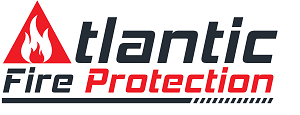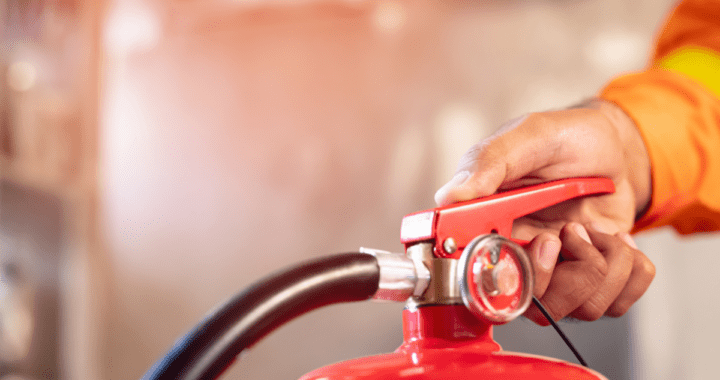As a business owner, the safety of your establishment is paramount. One key aspect of this is ensuring your fire extinguishers are always ready to perform when needed. You may already know that regular fire extinguisher inspections in NJ are crucial, but do you know what professionals look for during these checks?
Understanding what gets checked and why can give you peace of mind and help ensure your fire safety equipment is in top shape. Below are some of the things professionals will check during fire extinguisher inspections.
Manufacturing and Expiration Dates
Inspectors pay close attention to the fire extinguisher’s manufacturing date and any expiration dates. This is because each fire extinguisher has a specific operational lifespan. If your fire extinguisher is past its expiration date, it may not work effectively when you need it most.
Professionals understand this and make it a priority during their inspections. They ensure your fire extinguisher is within its operational lifespan and capable of performing its duty in case of a fire.
Physical Condition
Another essential element that professionals will look at during fire extinguisher inspections in NJ is the physical condition of the extinguisher. They will carry out a thorough visual inspection of the extinguisher body. This means they’re checking for any dents, rust, or other signs of wear and tear.
Why is this important? These factors can compromise the effectiveness of your fire extinguisher. For instance, dents might indicate possible internal damage, while rust could suggest vulnerability to leaks. These issues could mean it might not work as expected when you need the extinguisher in an emergency.
Weight and Pressure
The weight and pressure of your fire extinguisher are also crucial factors that professionals will evaluate during an inspection. Inspectors will verify that the extinguisher meets the required weight and pressure specifications. How do they do this? They will check the gauge of the device.
Fire extinguishers need to have the right amount of pressure to work effectively. If the pressure is too low, the extinguisher won’t be able to discharge its contents properly. On the other hand, if it’s too high, it could rupture, posing a safety risk.
Equally important is the weight of the extinguisher. A decrease in weight could indicate a leak or that the extinguisher has been partially discharged.
Professionals understand these nuances and pay close attention to them during inspections to ensure your fire extinguisher’s readiness in case of a fire.
The Pin and Handle
Professionals also focus on the accessibility and condition of the safety pin and handle during fire extinguisher inspections in NJ. They want to ensure these components are easy to remove or operate during a fire.
Why is this necessary? The safety pin keeps the fire extinguisher inactive; removing it is the first step to activating it. If the pin is stuck or damaged, it might delay or even prevent the use of the fire extinguisher.
The handle enables you to control the discharge of the extinguisher. A damaged or broken handle could render the extinguisher unusable.
We Provide Fire Extinguisher Inspections in NJ
Do you want to keep everyone in your commercial building safe? Investing in professional fire extinguisher inspections in NJ helps you accomplish this goal.

